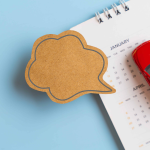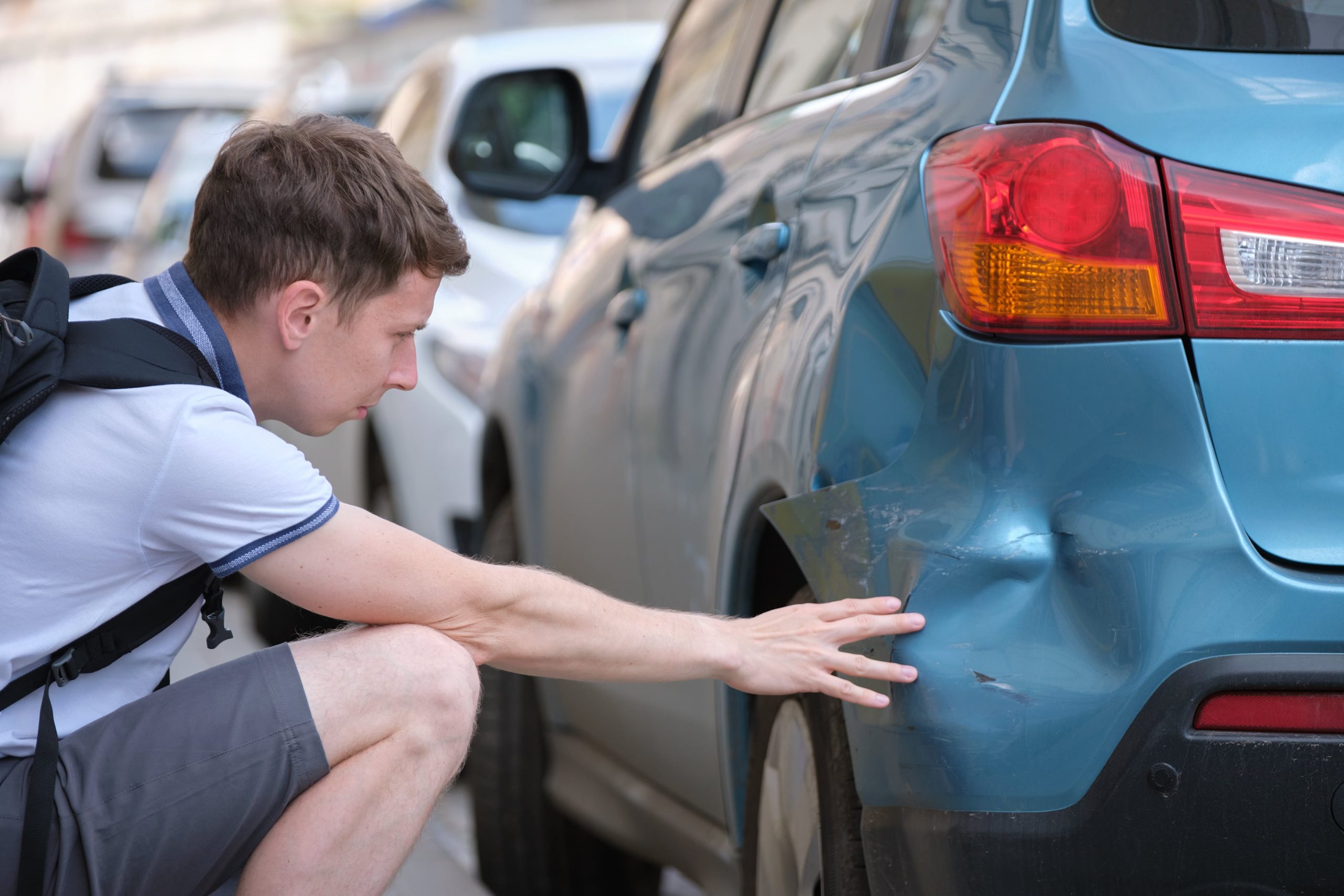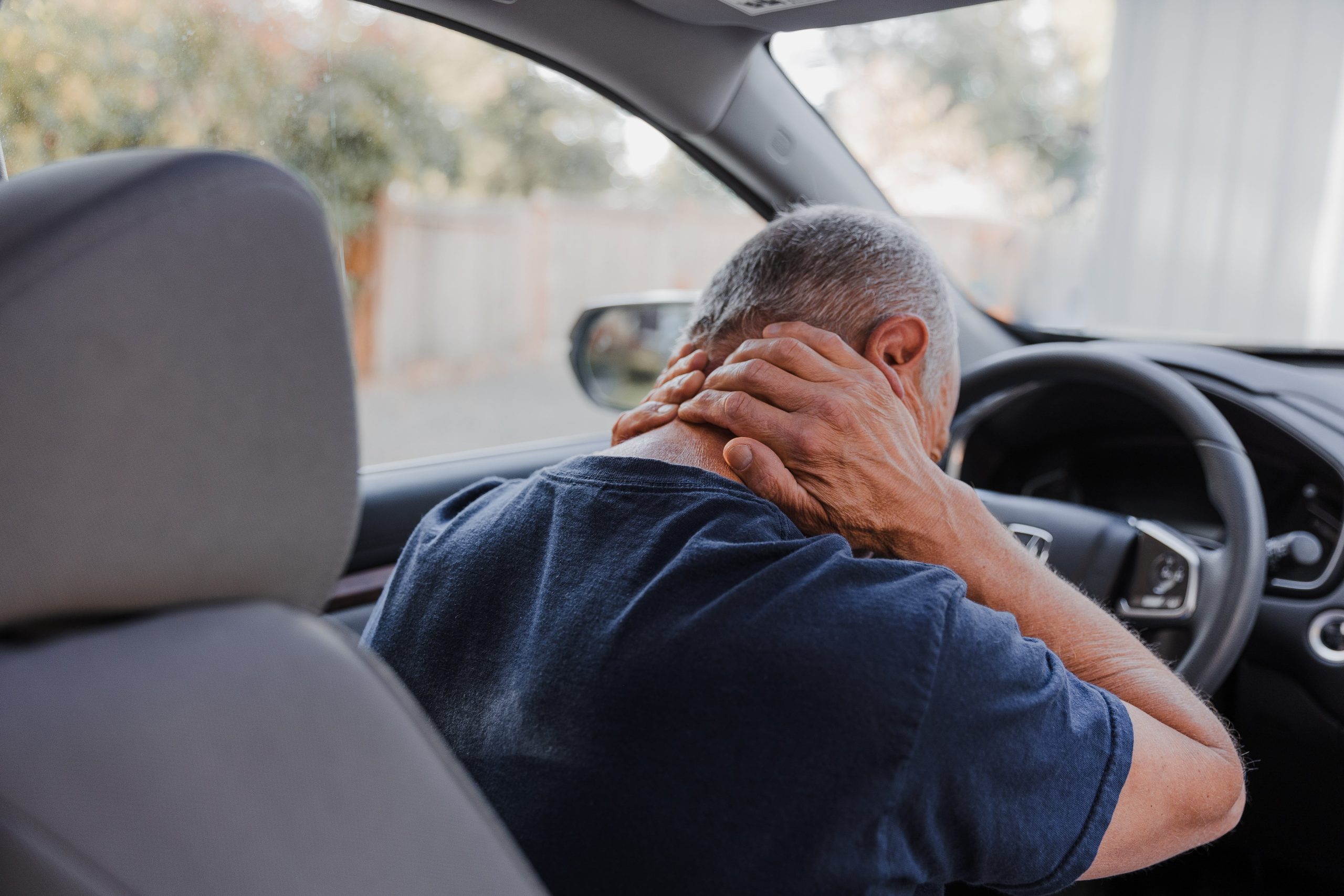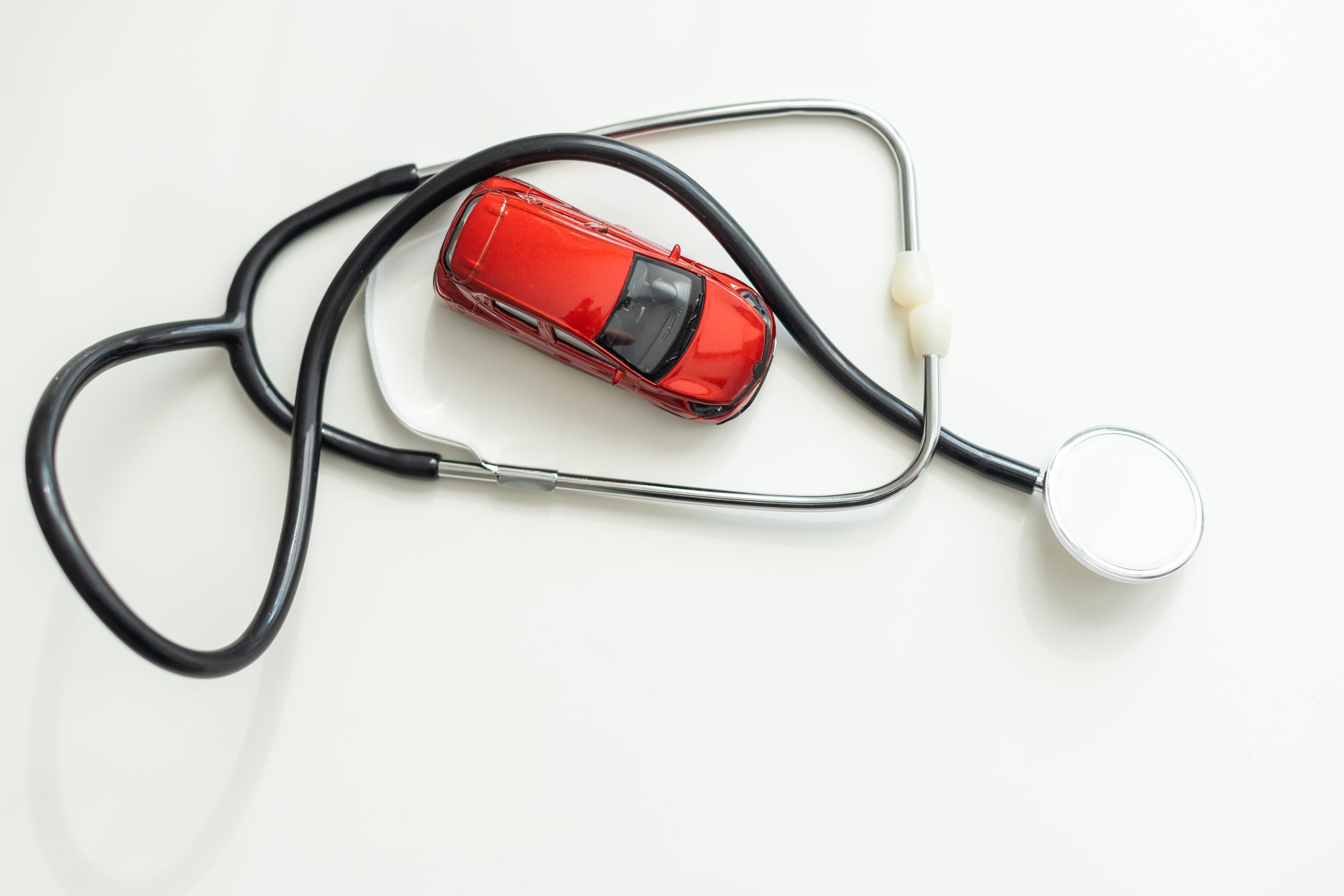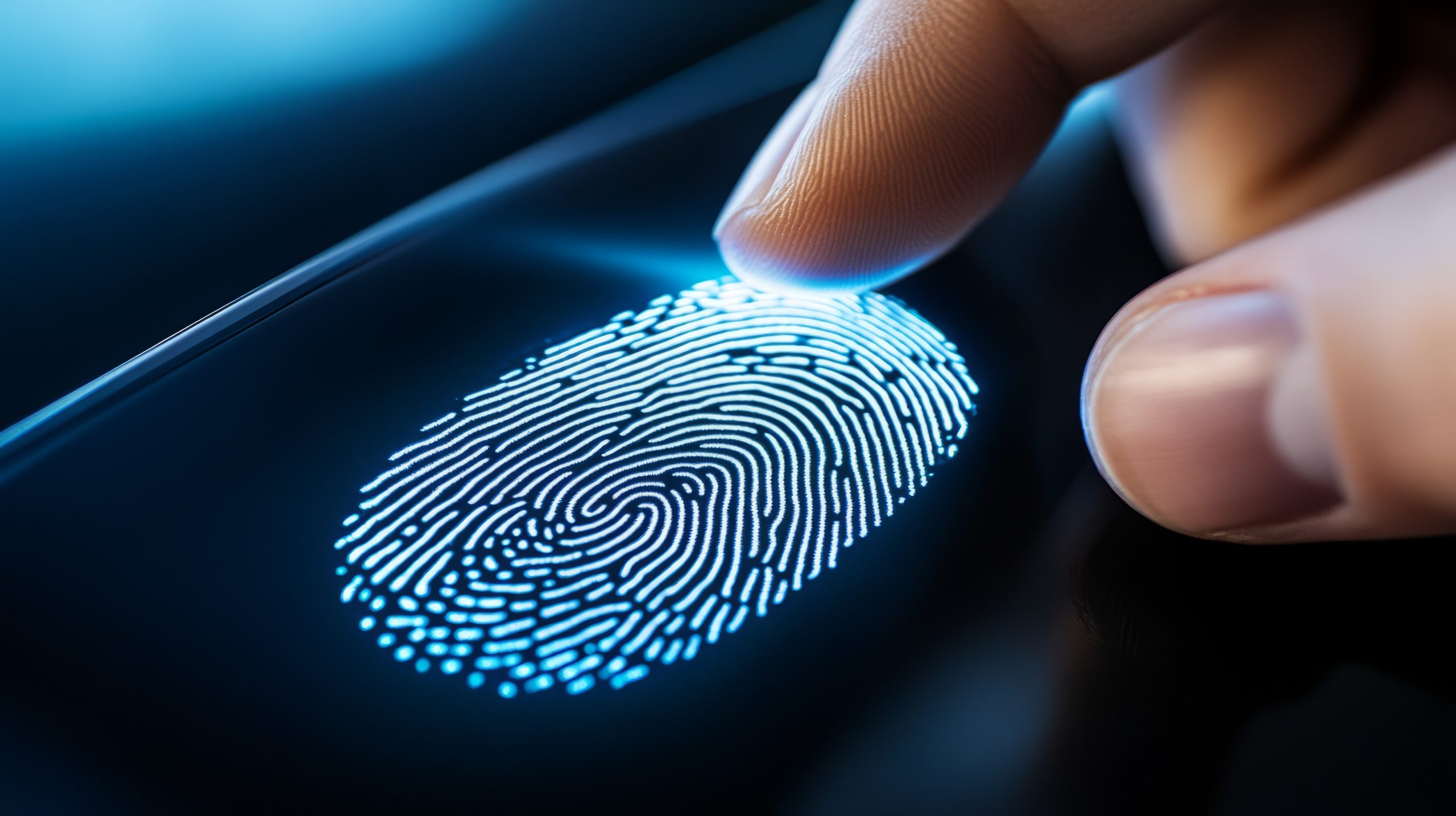In those first few minutes after an accident, knowing what to do can make a big difference in keeping yourself and others safe. Being aware of what to do following an accident might help you stay out of trouble when times get stressful. Whether it’s a small bump or a major collision, staying composed and taking the right steps is essential.
Steps to Take After an Auto Accident
The first step, immediately after an accident, is focusing on your well-being. Your first priority is safety. Check yourself for any injuries, then see if others involved are okay if you can. To prevent more collisions, transfer the cars to a secure location on the side of the road if they are still drivable. Activate your hazard lights or use road flares to warn other drivers, particularly if the accident scene is blocking traffic.
Step 2: Contacting the Authorities
Reporting the incident is crucial, regardless of how bad it is. An accident report creates a formal record that can be very important in addressing the situation. For car accidents, calling 911 will dispatch police and, often, other necessary first responders. An official report will be prepared by the police. This material will be useful in the future.
Prepare to provide your driver’s license and auto insurance details to the responding officers. When recounting the events, focus on the factual details. Get a copy of the accident report and the officers’ names and badge numbers for your records.
Step 3: Documenting the Scene and Gathering Information
After any incident, taking your own photos and notes can be very helpful. Photographs are particularly useful when filing reports or claims.
For a car accident, photograph all vehicles involved, capturing the damage from multiple angles. Note the street signs and any visible injuries.
Exchange vital information with others involved. Accidents cause stress that will cause people to forget even the most basic of details. Remembering this small step can be the difference when submitting an insurance claim at a later date.
Collect names, contact details, and insurance policy information from other parties involved in car accidents. Include license plate numbers and the insurance company’s contact information. If there are witnesses, politely ask for their contact information; their accounts can provide valuable third-party perspectives.
Step 4: When Professional Help is Required
Certain situations require specific expertise after an accident. Knowing when and how to seek this help is essential.
If you were involved in a motor vehicle collision that wasn’t your fault, understanding what to do is important. You’re dealing with the immediate impact, and legal advice might be necessary. Contacting an experienced attorney who specializes in personal injury cases is highly recommended.
Navigating the Aftermath and Long Term
The days and weeks following an accident often involve various other considerations. Addressing these proactively is essential for a smoother recovery.
Dealing with Insurance Companies
Filing an insurance claim may not always be as simple as it seems. Your account of events may differ from that of the insurance company. Don’t forget that you might not be familiar with every industry practice.
As quickly as possible, you should get in touch with your auto insurance provider, regardless of who is at blame. You can submit a claim to either the other driver’s insurance company or your own. An adjuster will usually be assigned to help you through the claims process.
Impact on Auto Insurance
A common concern after a car accident is the potential impact on your auto policy premiums. If you were at fault, your premiums might increase upon renewal. However, some providers offer “accident forgiveness”. This feature may prevent a rate hike, depending on the specific insurance policy.
Frequently Asked Questions
What if I’m the reason for a car accident?
If you’re at fault in a car accident, inform your insurance company quickly. Don’t be shocked if you see your insurance premiums rise. Understand your policy’s terms, including any “accident forgiveness” provisions. Some policies don’t use this option.
Can you get a temporary car if your car is getting repairs?
Your insurance policy determines whether you are covered while renting a car. Review your policy or contact your insurance agent to determine if a rental car is covered while your damaged vehicle is undergoing car repair.
If my car is a complete loss, how can I calculate its worth?
The insurance company will usually calculate the worth of your car based on its real cash value prior to the accident if it is ruled a total loss. Factors considered include the car’s age, condition, mileage, and market value. You can find more information online or speak directly to your assigned insurance agent.
Bottom Line
It can be stressful to deal with an accident, but knowing what to do next might help more than you realize. Staying calm, collecting important details, and getting help when needed can protect you and your rights. Understanding how to work with insurance companies and when to get legal advice will help you navigate the recovery process more smoothly. The more you take control of the situation, the more confidently you can proceed.


